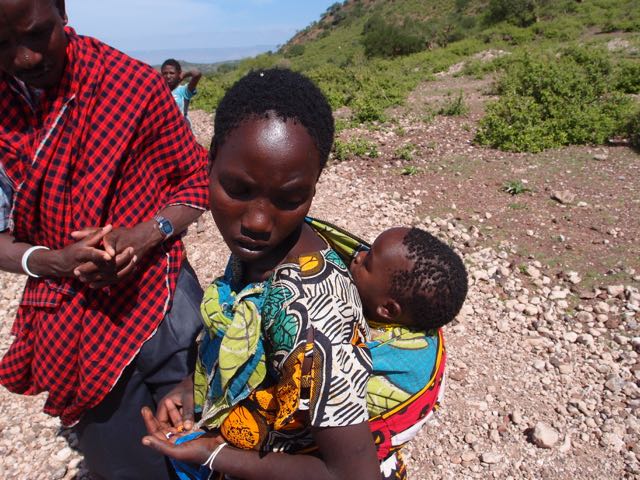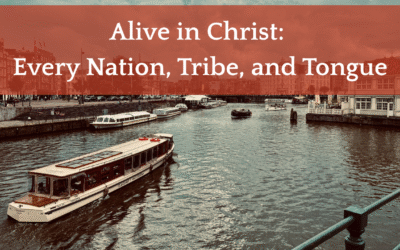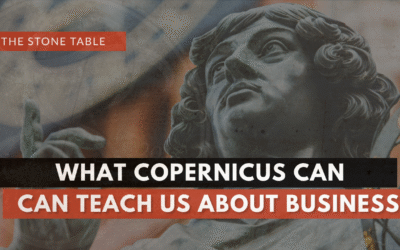Witch Doctors, Tea Parties, and An Encounter I Will Never Forget

Our SUV bounced mercilessly over the rugged ground. To call these dirt paths “roads” would’ve been a generous misnomer, as stretches of definable terrain quickly gave way to an obstacle course of potholes and extreme turns that pushed our vehicle’s suspension system to its limits. We had already been driving for close to two hours, and we had at least another two to go. We were literally heading into the middle of nowhere.
To give you just a taste of exactly how far we were from civilization, a local villager, bitten by a black mamba snake just two weeks earlier, was unable to make it to medical help before the venom overtook him. He died in the backseat of the car still hours from the nearest community.
This was old-school Africa. Grass huts, stone spears, National Geographic Africa. We were on our way to visit the Datooga, a nomadic tribe that live in the Mara region of central Tanzania. Some amazing things are beginning to happen amongst these people, which leads me to the real point of this story.
About halfway to our destination, we stopped the cars at the top of a hill overlooking the Mara valley. It was a breathtaking. As we paused to take in the view and a few stories from our missionary friends, a woman suddenly appeared walking on the road. She was carrying a baby, probably less than a year old, on her back in a some kind of homemade cloth wrap. The baby was obviously sick, as the skin underneath his eyes and nose was caked with crusted mucus.
She was taking him to the witch doctor in the next village for some type of mystical potion or incantation that would hopefully cure his illness. We asked if we could pray for her and her child, and after we finished the Datooga pastor traveling with us began to share the Gospel message with her.
“We would like to introduce you to Jesus,” I heard him say through the translator.
“He sounds like an amazing man,” she responded. “I will be back later today. I will make some tea. Can you bring him to my house? I would love to meet him.”
98% of the Datooga have never heard the name Jesus. I’ve read about people like this, about places like this – we call them “unreached people groups,” or UPGs for short – but in that moment I was staring into the real life eyes of what I had previously only known as a Christian statistic thrown around at missions conferences.
I’m lucky enough to be part of a business that wants to help engage with stories like these. Not to force feed them an additional religion. Not to export our Christian culture. Not to try and make them like us.
To introduce them to the only One that can resurrect who God originally created them to be.
To “bring Jesus by for tea.”



